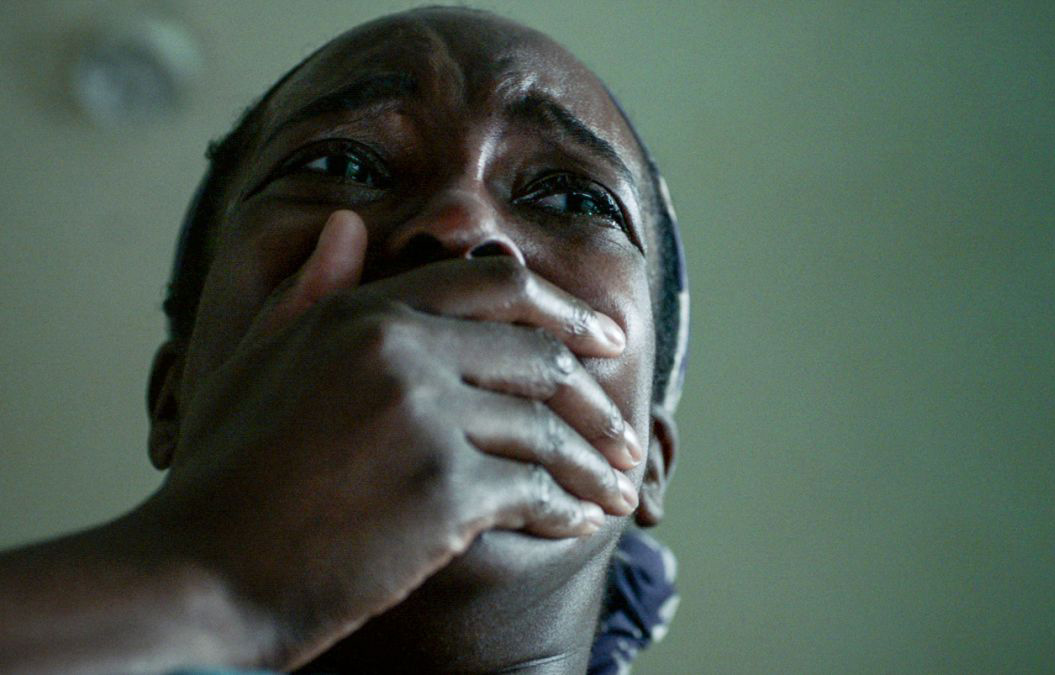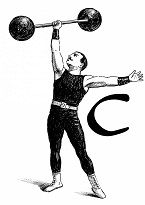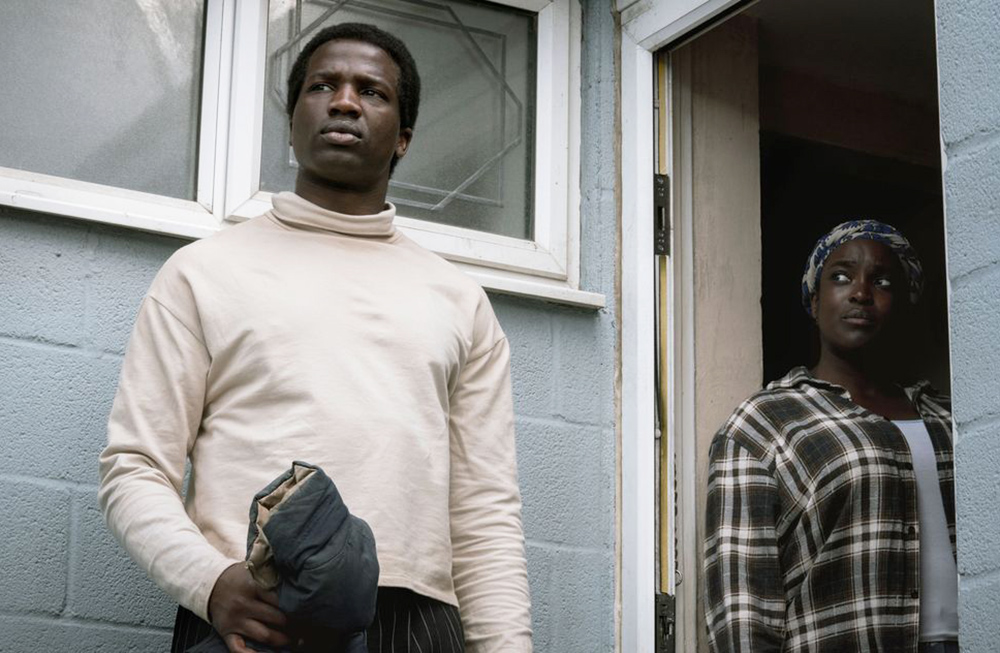I have always enjoyed horror more when it is used as a vehicle, and not necessarily as a means to end. Some of the most exciting moments in recent years that fall under this umbrella can be seen in the works of Jordan Peele, Ari Aster, and Robert Eggers to name a few. Whilst not every film needs to have social commentary to catch my eye, it’s exciting when a writer can manage to execute broad themes through a genre piece.
Remi Weeke’s debut “His House” does this brilliantly. Although not a perfect film, it is rich in content and demonstrates plenty of originality. The premise seems simple enough, beginning as a social terror film depicting the movement of Rial (Wunmi Mosaku) and Bol (Sope Dirisu), a refugee couple who seemingly manage to escape violence in South Sudan to Britain via a traumatic boat ride. After a stay at a detention center, they are placed into a decrepit bug-infested house on the edge of a London estate. It is here we get a malevolent atmosphere, not only from their surroundings, but also due to the psychological trauma of their escape from the conflict-strewn South Sudan. The terror shows itself in the form of creeping noises and satanic hallucinations amongst other things.
The core idea is that people’s untapped traumas can become even more destructive in an environment that’s actively hostile towards them. This starts off strong with one of the scariest moments in the film being as simple as Rial and Bol exploring their new neighbourhood, not knowing what they are going to contend with. The feeling of isolation within the community and being refugees in modern Britain felt very true to life.

There are veiled secrets buried deep within these characters, which come to light and haunt their waking moments. There is no body-swerving the past, and everyone has their fair share of skeletons hidden. Here, they are simply more revealed than elsewhere. Both casualties and culprits, our leads are uniquely themselves and universally the whole human race, maltreated souls and all.
Weekes does a ton with a little, his creepy symbolism stunningly gathered by editor Julia Bloch and complemented by an intriguing sound design and music by Roque Baños. Cinematographer Jo Willems contrasts the polar misery of Bol and Rial’s current whereabouts with rich textures of representations to give a proper understanding of their past. As things stand, the film’s narrative peaks with the back-and-forth between Bol and Rial; both of their memories smoke out truths they would rather forget but are forced to remember.
Weekes’ film is strong on many levels. This is why it is such a shame it loses its way as it goes on. The film works well in its early moments when it does less rather than more. Despite the stylishness of the latter half—and the entrance of all the devilish fiends inside the minds of our leads—it feels it can bite off more than it can chew at some points.
The film is also lopsided in its efforts to offset genre frights with social commentary. The ability or lack-of to split the two fighting ideas is what makes it have a disappointing finale. The final act and the impact of the threat felt like it wrapped up the movie too neatly. It lost the nuance that had been presented throughout the movie by giving their grief, their guilt, and their past a single entity that they had to overcome to free themselves. Bol says “Your ghosts follow you. They never leave…” but it feels contradictory to the tone of the movie’s end.
“His House” is still impressive as a debut and Weekes has a great ability of letting the visuals do the talking. They do a great job of representing the demons that are haunting our protagonists. Whilst this doesn’t continue all the way throughout, he does enough to certainly have me interested for his next output. It seems he has a lot to say and the know-how to make some great films hopefully. Definitely a director worth keeping an eye out for.


